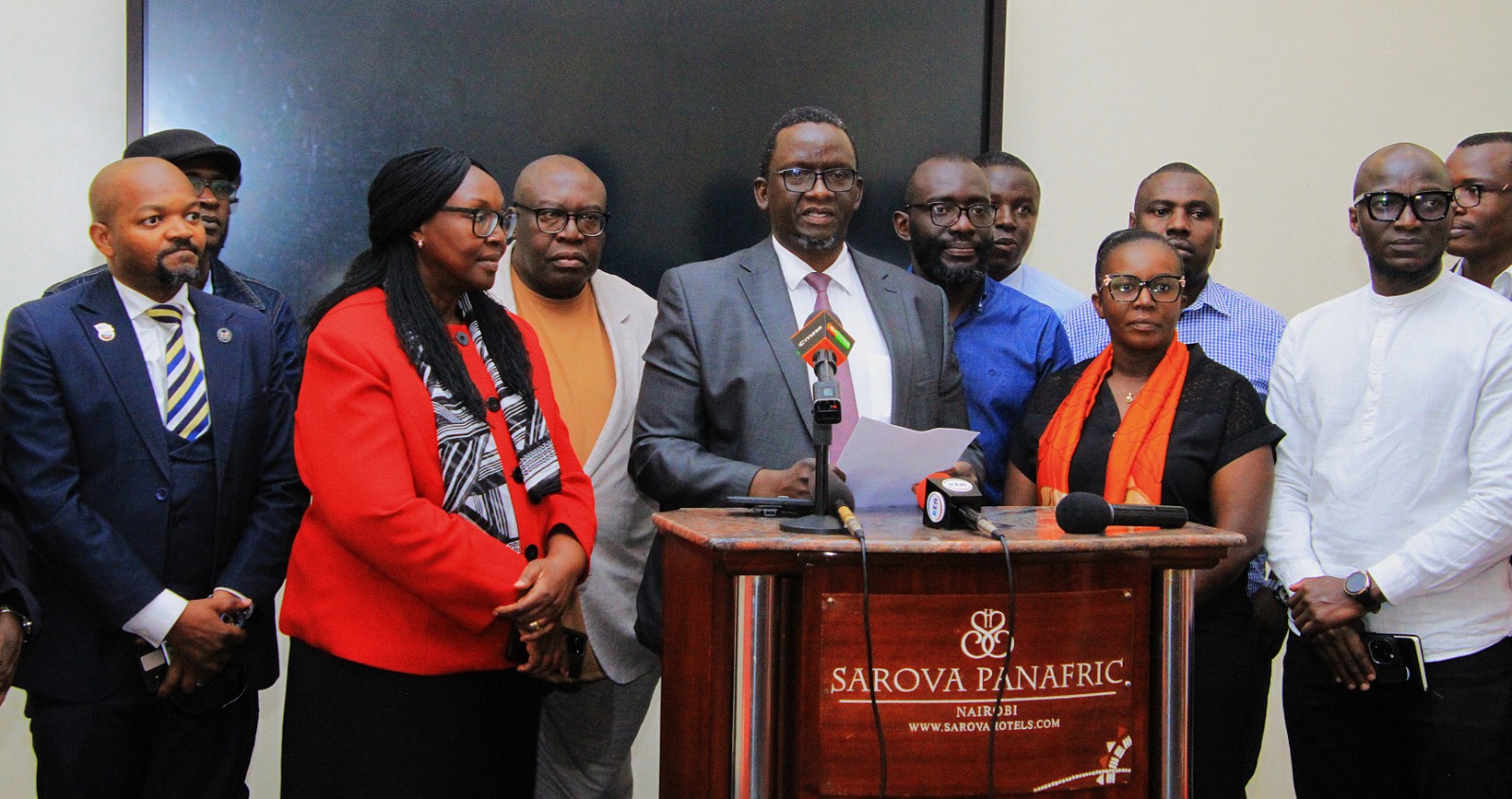
Dozens of jobs at the Nairobi-based United Nations Environment Programme (UNEP) may be affected as the agency undertakes a downsizing exercise.
According to a petition submitted to the Senate by Nandi Senator Samson Cherargei, a functional review conducted by UNEP has reportedly identified about 100 positions for potential abolition.
The petition states that 48 of these positions are held by Kenyans, mainly in support roles.
The petition comes amid what it describes as an overall expansion in UNEP’s workforce from 1,268 to 1,383 staff between 2020 and 2024, during which the number of consultants is said to have increased to about 1,450.
Cherargei, in his petition, argues that Kenya has met its financial obligations to the Environment Fund and raises concerns about job security for Kenyan staff.
The senator states that Kenya, as host of UNEP’s global headquarters, should be assured of meaningful participation in the agency’s operations.
He calls for engagement with UNEP leadership to address concerns raised in the petition and to safeguard the welfare of affected employees.
The petition requests the Senate Labour and Social Welfare Committee to establish the criteria used in the functional review, including how positions were selected for potential abolition and why staff were not briefed earlier on the process.
It also asks the committee to examine why a significant proportion of the affected roles are held by Kenyans, given the host country’s longstanding financial and institutional support to UNEP, and to outline measures to ensure Kenyan staff are not disproportionately affected.
Further, the petition seeks clarification on the reported increase in consultant engagements and extensions of temporary job openings during the period under review.
It also raises questions about the status of the UNEP Kenya country office established in 2023.
UNEP’s mandate includes providing leadership on environmental issues, shaping the global environmental agenda and supporting countries in addressing climate change, biodiversity loss and pollution.
Its work spans environmental governance, scientific assessment and helping nations transition to low-carbon, resource-efficient economies.













